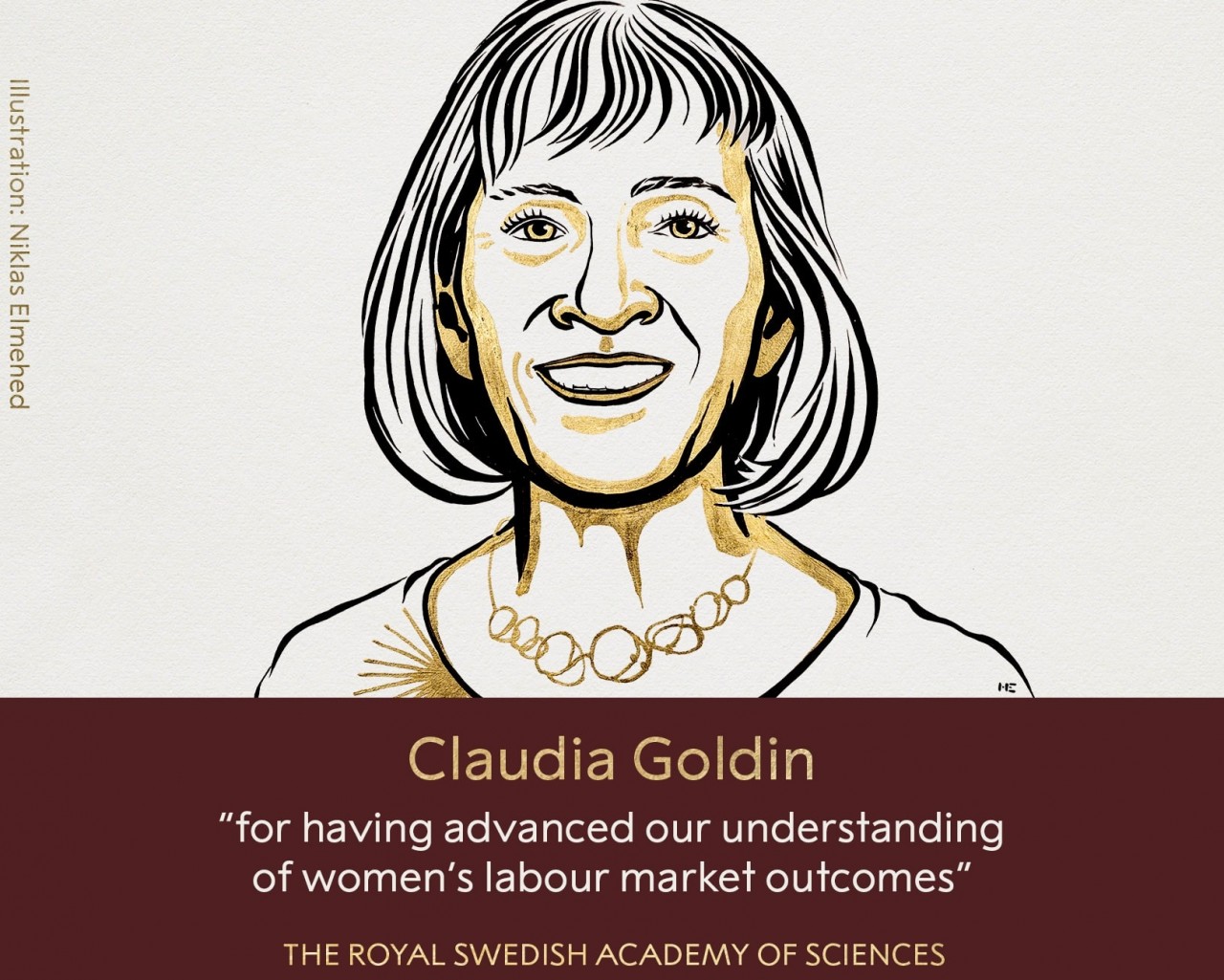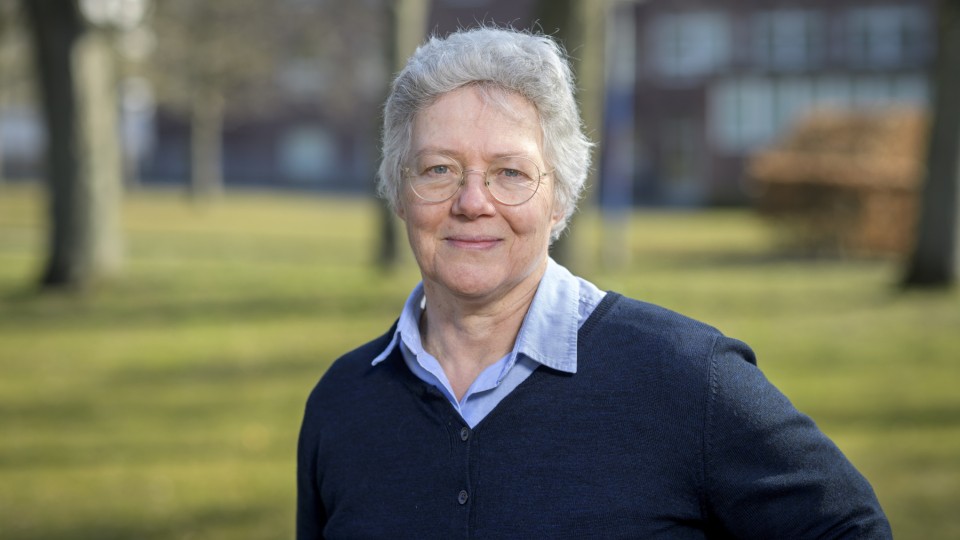Who is Benjamin List & David MacMillan - Winners of 2021 Nobel Prize in Chemistry?
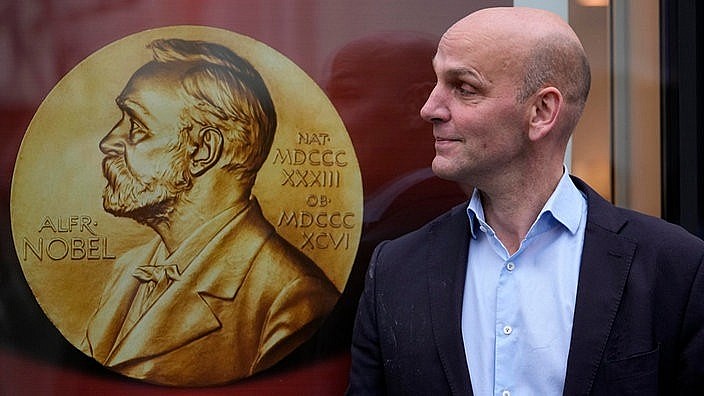 |
| Benjamin List (Photo: France24) |
Who is Benjamin List - top German professor?
Benjamin List was born on 11 January 1968, in Frankfurt, Germany. Born to an upper-middle-class family of scientists and artists in Frankfurt, List is a great-grandson of the cardiologist Franz Volhard and a 2nd great-grandson of the chemist Jacob Volhard.
List obtained his Diplom (M.Sc.) degree in chemistry from the Free University of Berlin in 1993, and his Ph.D. from Goethe University Frankfurt in 1997. His doctoral dissertation was titled Synthese eines Vitamin B 12 Semicorrins (Synthesis of a vitamin B 12 semicorrin), and was advised by Johann Mulzer. List worked at the Scripps Research Institute Department of Molecular Biology in La Jolla, U.S. as a postdoctoral researcher in Richard Lerner's research group from 1997 to 1998 and as an assistant professor from 1999 to 2003.
In 2003 he returned to Germany to become a group leader at the Max Planck Institute for Coal Research, and in 2005 he became one of the institute's directors. Benjamin List’s research work at Max Planck Institut für Kohlenforschung, Germany, has been funded by two ERC Advanced Grants from 2011 to 2021. Professor List’s ERC-funded work focused on creating novel organocatalysts. Many research areas and industries are dependent on chemists’ ability to construct molecules both selectively and efficiently. This work requires the mediation of catalysts, which are compounds that accelerate chemical reactions, without becoming part of the final product.
Professor List’s first ERC grant led to the development of original disulfonimide lewis-acid catalysts, which proved to be excellent organocatalysts in a wealth of fundamental organic synthetic transformations. They opened further opportunities for the efficient synthesis of bioactive molecules. With his second ERC grant, Benjamin List aimed to design and develop the syntheses of efficient enantioselective organocatalysts, crucial to synthesize specific, desired versions of molecules. The research was at the border of the different fields of organic chemistry, homogeneous catalysis, and physical chemistry. These are some of the most efficient catalysts that chemistry knows.
He has also served as a panel member for the ERC evaluations for several years, according to European Research Council. List has been working on the development of new chemical reactions using organocatalysts as a Principal Investigator at the Institute for Chemical Reaction Design and Discovery (WPI-ICReDD) at Hokkaido University since 2018, and he has also been a Specially Appointed Professor since May 2020, according to Eurek Alert.
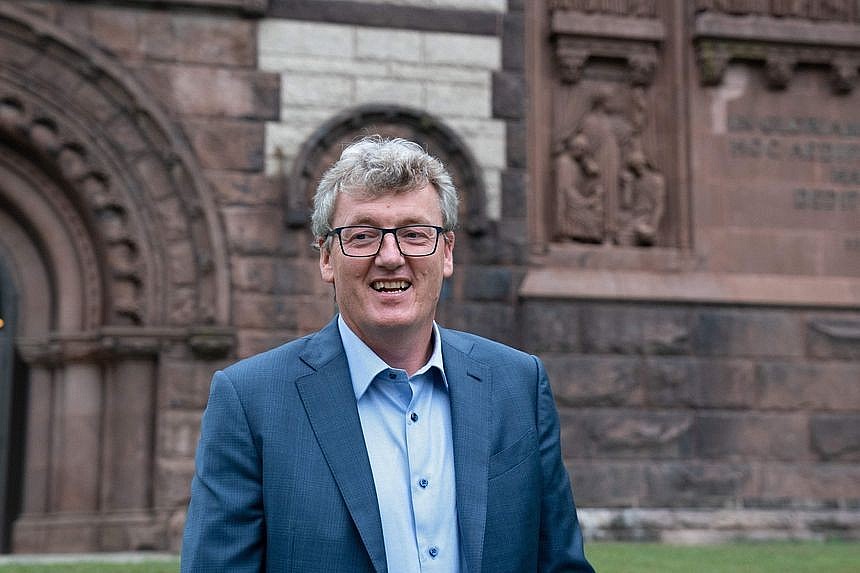 |
| David MacMillan (Photo: WSJ) |
Who is David MacMillan - British-American chemist?
MacMillan, who has dual U.S.-U.K. citizenship, was born in Bellshill, Scotland, in 1968, and received his B.Sc. from the University of Glasgow in 1989 and his Ph.D. from the University of California-Irvine in 1996. He began his independent research career as a member of the chemistry faculty at the University of California, Berkeley, in July 1998. He joined the department of chemistry at Caltech in 2000.
He came to Princeton in 2006 and was appointed as director of the University’s Merck Center for Catalysis. He has been the James S. McDonnell Distinguished University Professor of Chemistry since 2011 and served as chair of the chemistry department from 2010 to 2015 when he passed leadership off to Tom Muir, a fellow Scotsman.
MacMillan is an innovator, pursuing radically new concepts in catalysis. He is also a leader in the field of photoredox catalysis, which uses light - ordinary, visible light - to break and rejoin atomic bonds, one electron at a time, according to Princeton University.
MacMillan is the recipient of numerous awards including the 2019 Centenary Prize from the Royal Society of Chemistry; the 2018 Gabor A. Somorjal Award for Creative Research in Catalysis from the American Chemical Society (ACS); the 2017 Ryoji Noyori Prize; the Harrison Howe Award and the Ernst Schering Prize, both in 2015; the 2011 Mitsui Chemicals Catalysis Award; the 2007 ISHC Katritzky Junior Award from the International Society for Heterocyclic Chemistry, the ACS’ Arthur C. Cope Scholar Award and the Society of Synthetic Organic Chemistry’s Mukaiyama Award, both in 2006; and the 2004 Corday-Morgan medal of the Royal Institute of Chemistry, among others.
“Dave is the most innovative, progressive and impactful investigator currently working in the area of synthetic organic chemistry,” said Greg Scholes, chair of the Department of Chemistry and the William S. Tod Professor of Chemistry. “Over the past 18 years, he has created two large and active fields of research: asymmetric organocatalysis and photoredox catalysis. His accomplishments over this period of time are unrivaled, and we are beyond thrilled.”
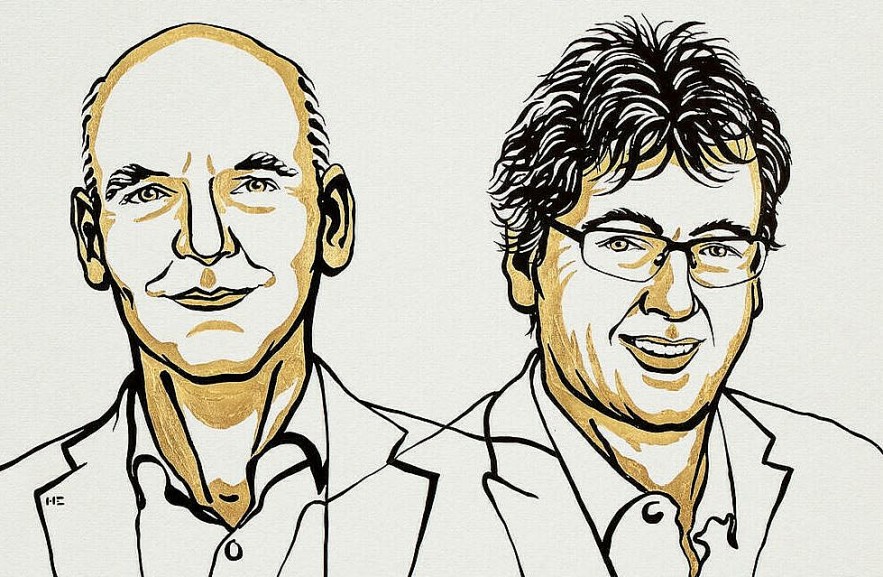 |
| Benjamin List and David MacMillan (Photo: France24) |
Why they won Nobel Prize?
The pair's work on asymmetric organocatalysis, which the award-giving body described as "a new and ingenious tool for molecule building", has also helped in the development of plastics, perfumes, and flavors, according to Reuters.
"Many research areas and industries are dependent on chemists’ ability to construct molecules that can form elastic and durable materials, store energy in batteries or inhibit the progression of diseases," said the Royal Swedish Academy of Sciences in a statement.
"This work requires catalysts, which are substances that control and accelerate chemical reactions, without becoming part of the final product. For example, catalysts in cars transform toxic substances in exhaust fumes into harmless molecules. Our bodies also contain thousands of catalysts in the form of enzymes, which chisel out the molecules necessary for life."
"Catalysts are thus fundamental tools for chemists, but researchers long believed that there were, in principle, just two types of catalysts available: metals and enzymes. Benjamin List and David MacMillan are awarded the Nobel Prize in Chemistry 2021 because in 2000 they, independent of each other, developed a third type of catalysis. It is called asymmetric organocatalysis and builds upon small organic molecules."
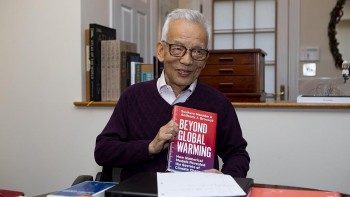 | Biography of Syukuro Manabe: Early Life, Career, Awards and Achievement Syukuro Manabe, a meteorologist who pioneered the use of computers to simulate global climate change and natural climate variations, has earned his Nobel Prize for ... |
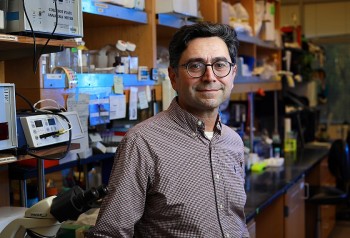 | Biography of American Scientist Ardem Patapoutian: Early Life, Career, Awards and Achievement Professor Ardem Patapoutian, PhD, has been awarded the Nobel Prize in Physiology or Medicine for groundbreaking research discoveries of receptors for temperature and touch. |
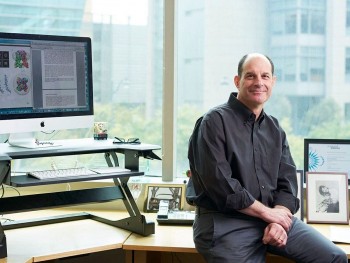 | Biography of American Scientist David Julius: Early Life, Career, Awards and Achievement David Julius, an American physiologist with his work on molecular mechanisms of pain sensation and heat, has won the 2021 Nobel Prize in Physiology or ... |
Recommended
 World
World
India reports 9 Pakistani Aircraft Destroyed In Operation Sindoor Strikes
 World
World
Thailand Positions Itself As a Global Wellness Destination
 World
World
Indonesia Accelerates Procedures to Join OECD
 World
World
South Korea elects Lee Jae-myung president
 World
World
22nd Shangri-La Dialogue: Japan, Philippines boost defence cooperation
 World
World
Pakistan NCRC report explores emerging child rights issues
 World
World
"India has right to defend herself against terror," says German Foreign Minister, endorses Op Sindoor
 World
World

